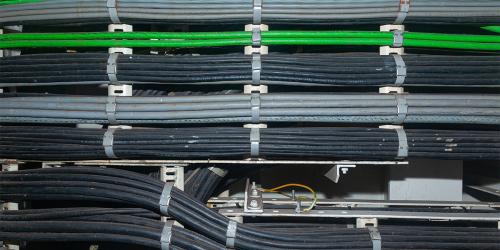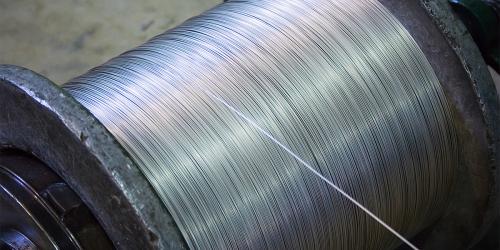When it comes to securing anything from the lightest of fixtures to the heftiest of machinery, the importance of choosing the right bolt cannot be overlooked. It’s the kind of decision that, whilst seemingly minor, underpins the stability and durability of your entire project! Two such fasteners that are often used interchangeably are anchor bolts and through bolts, however, although they seem similar, they have distinct differences in terms of their design, installation, and applications.
Understanding the Basics
At the core of any construction or DIY project lies the choice of hardware and tools – think of them like ingredients in a recipe. Just as the perfect blend of spices and herbs can enhance a meal, the right bolt, screw, or nail, can transform a project from good to exceptional.
Anchor Bolts
Anchor bolts, also known as expansion bolts or anchor screws, are mechanical fasteners designed to secure objects to hard surfaces such as concrete, masonry, and stone. Unlike regular bolts, anchor bolts expand within the material, providing increased load-bearing capacity and resistance to sheer forces.
The installation of an anchor bolt involves drilling a hole in the concrete, inserting the bolt, and then ensuring it expands upon tightening. This expansion grips the concrete firmly, creating a secure anchor point for attaching structural elements.
These bolts come in various types, including sleeve anchors, wedge anchors, and drop-in anchors, each suited to different applications and weight requirements. They are the go-to choice for securing heavy machinery, building frameworks, and other instances where a robust, immovable connection is essential.
Through Bolts
Through bolts are versatile fasteners that pass completely through the material they are securing, with a nut and washer at the opposite end to clamp the materials together. They offer a high level of strength and stability, making them ideal for applications where the load is tremendous, and the materials being fastened are thick or heavy.
Unlike anchor bolts, through bolts are not limited to concrete and can be used in a variety of materials, including wood, steel, and masonry. They are commonly used in construction for joining beams, attaching fixtures to walls, and other scenarios where a strong, durable bond is required across different materials.
Making the Right Choice
The decision between an anchor bolt and a through bolt boils down to the specifics of the project. Consider the following:
- Material: what are you fastening, and what are you fastening it to? Anchor bolts are your best bet for concrete and masonry, whilst through bolts offer flexibility across multiple materials.
- Load: how heavy is the object you are securing? Through bolts are generally favoured for heavier loads that require clamping force across the materials.
- Accessibility: can you access both sides of the material? If not, anchor bolts offer a solution that only requires access from one side.
Installation Tips
Whichever bolt you choose, proper installation is key to ensuring the safety and longevity of your project. Here are some handy tips!
- Measure Twice, Drill Once: accuracy in drilling the hole for your bolt is important. Ensure the hole’s diameter and depth match the bolt’s specifications.
- Cleanliness: remove all debris from the hole before inserting the bolt. This ensures a clean, secure fit.
- Tighten to the Right Tension: over-tightening can cause damage, whilst under-tightening may not provide enough hold. Follow the manufacturer’s guidelines for the correct tension.
Why Buy from BS Fixings?
Whether it’s a personal DIY task or a large construction, you will not only need to require the right materials but also the right partner. With a rich heritage in the UK market, we offer an extensive range of high-quality products, including anchor bolts and through bolts. We’re here to ensure you select the perfect product for your needs, backed by our support and guidance.
Browse our fixing & fastening range today or please feel free to contact us on 03330 117818 or email [email protected] for any further information.





